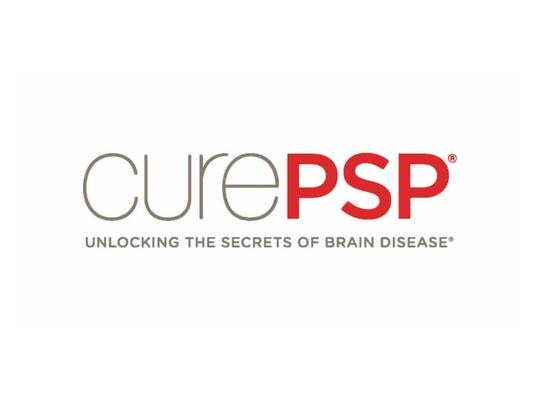Currently Funded Research – CurePSP
Feb 26, 2018 By Lucas Metherall
Developing Treatments for Swallowing and Communication Deficits in PSP
DR. MICHELLE S. TROCHE, COLUMBIA UNIVERSITY
 CurePSP is very excited to fund Dr. Troche’s research in an often overlooked area of care for PSP patients: swallowing and communication. Results of this study could have
CurePSP is very excited to fund Dr. Troche’s research in an often overlooked area of care for PSP patients: swallowing and communication. Results of this study could have
direct implications on how PSP patients are treated to improve their swallowing and communication skills.
Dr. Troche is a licensed speech-language pathologist (SLP) with research training in swallowing, cough, and respiratory physiology and is a specialist in movement disorders at Teachers College, Columbia University, New York. Her co-researcher, Dr. Lisa Edmonds, is also a licensed SLP and aphasiologist with research training
in acquired neurogenic communication disorders and rehabilitation research.
SLPs play a key role in the management of people with PSP as the primary clinicians for the treatment of swallowing and communication deficits. These deficits result in marked health decrements, the impact of which can be dramatic: the inability to converse and communicate wants and needs often leads to social isolation and emotional distress. Unfortunately, there is a lack of literature and research regarding these specific deficits in PSP patients, making it difficult to determine the best standard therapies and treatments.
The overall goal of this CurePSP grant is to reduce death and sickness secondary to aspiration pneumonia and improve quality of life in people with PSP. The goal of this study specifically is to better understand and document the unique difficulties that people with PSP have when it comes to swallowing, coughing, and communication. Dr. Troche’s team want to test whether people with PSP can participate in the kinds of treatment techniques that have been found to improve swallowing, coughing, and communication in people with Parkinson’s disease and stroke. The Troche lab will invite 30 people with PSP to undergo a series of swallowing and communication tests. The results of this study will help us develop better ways of evaluating and managing swallowing, cough, and communication dysfunction in PSP.
Join our email list
Get the latest news and resources
directly to your inbox.
Get the latest news and resources directly to your inbox.
Sign Up



